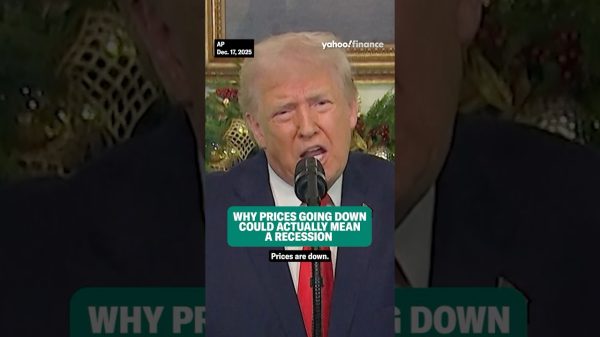The Philippines Bureau of the Treasury has announced its plan to issue tokenized Treasury bonds for the first time on Monday after canceling a traditional auction initially scheduled for the same day.
In a historic move, the Philippines Bureau of the Treasury is set to launch the issuance of tokenized Treasury bonds, marking a significant step toward the expansion of the country’s domestic debt market. The issuance, scheduled for Monday, replaces a traditional auction and is part of the government’s initiative to modernize its financial infrastructure.
The Bureau of the Treasury aims to offer at least 10 billion pesos (approximately $179 million) worth of one-year tokenized bonds. These bonds are specifically designed for institutional buyers, including state-owned financial institutions such as the Development Bank of the Philippines and the Land Bank of the Philippines.
The tokenized bonds will be available to institutional buyers in minimum denominations of 10 million pesos, with increments of 1 million pesos. With a maturity date set for November 2024, these one-year bonds are expected to provide a new investment avenue for institutional participants.
The issuance of tokenized Treasury bonds will be executed using distributed ledger technology (DLT) as part of a proof of concept. While the DLT registry will play a crucial role, the official record of the bonds will be maintained in the National Registry of Scripless Securities (NRoSS) alongside the blockchain system.
The move is aimed at showcasing the potential benefits of DLT in the financial markets, including reduced settlement risk and increased efficiency. By leveraging blockchain, the government intends to explore avenues to decrease issuance and administration costs, potentially allowing for smaller denominations or fractionalization of bonds.
Deputy Treasurer Erwin Sta mentioned that the government will “continue to study the technology and test how far we can take it” when asked about the possibility of continuous use of tokenized real-world assets and bonds.
Philippine Government to Issue Tokenized Bonds on Blockchain, Following the Global Trend in Bond Market Innovation
While this is a significant step, it’s not the first instance of blockchain usage for government bonds in the Philippines; in 2020, a blockchain solution was employed for the app bonds.ph, enabling consumers to purchase Retail Treasury Bonds (RTB).
The Philippines’ decision to issue tokenized bonds reflects a broader trend among Asian governments exploring the tokenized bond market.
Hong Kong issued $100 million in tokenized green bonds in February under its Green Bond Program, leveraging Goldman Sachs’ tokenization protocol. In August, the Central Bank of Hong Kong described how tokenization could improve efficiency, liquidity, and transparency in bond markets.
Also, Singapore has initiated pilots for tokenizing real-world assets in collaboration with JPMorgan, DBS Bank, BNY Mellon, and Apollo. The United Arab Emirates has partnered with HSBC for the tokenization of bonds.
Beyond Asia, Israel’s Tel Aviv Stock Exchange completed a proof-of-concept for tokenizing fiat and government bonds.
Meanwhile, SC Ventures, the innovation and fintech investment wing of Standard Chartered, has introduced Libeara, a revolutionary tokenization platform aimed at democratizing investment by creating more accessible, transparent, and secure markets. The platform will provide the first tokenized Singapore dollar government bond fund for accredited investors.
Governments globally are increasingly exploring blockchain-based tokenization of real-world assets, drawing interest from major financial institutions such as JPMorgan and HSBC.
While the European Investment Bank (EIB) doesn’t issue government bonds, it has been a prolific issuer of tokenized bonds. The EIB has already issued four tokenized bonds, with additional ones in the works. Similarly, the World Bank issued a €100 million digitally native bond in October.
Read the full article here











